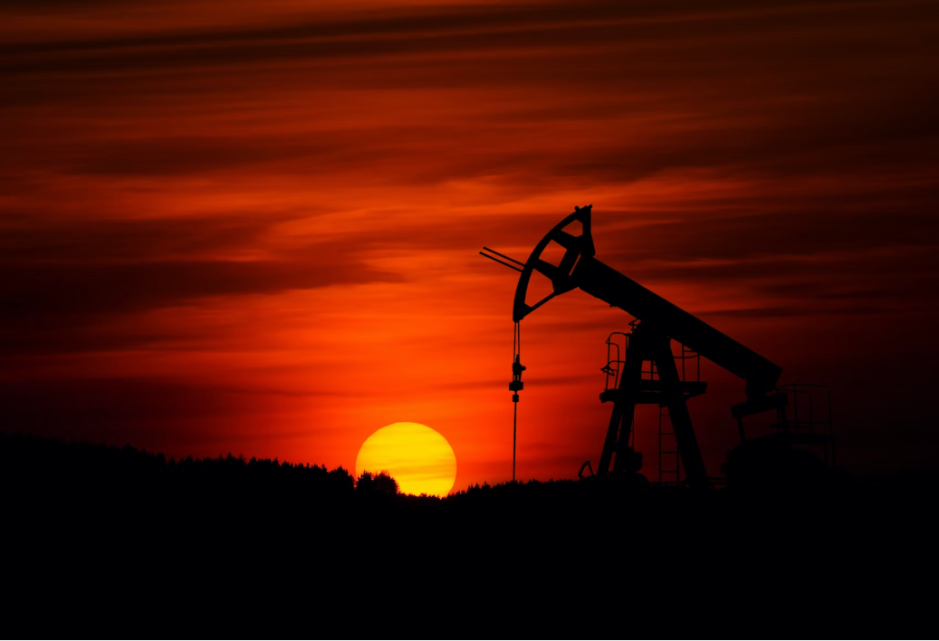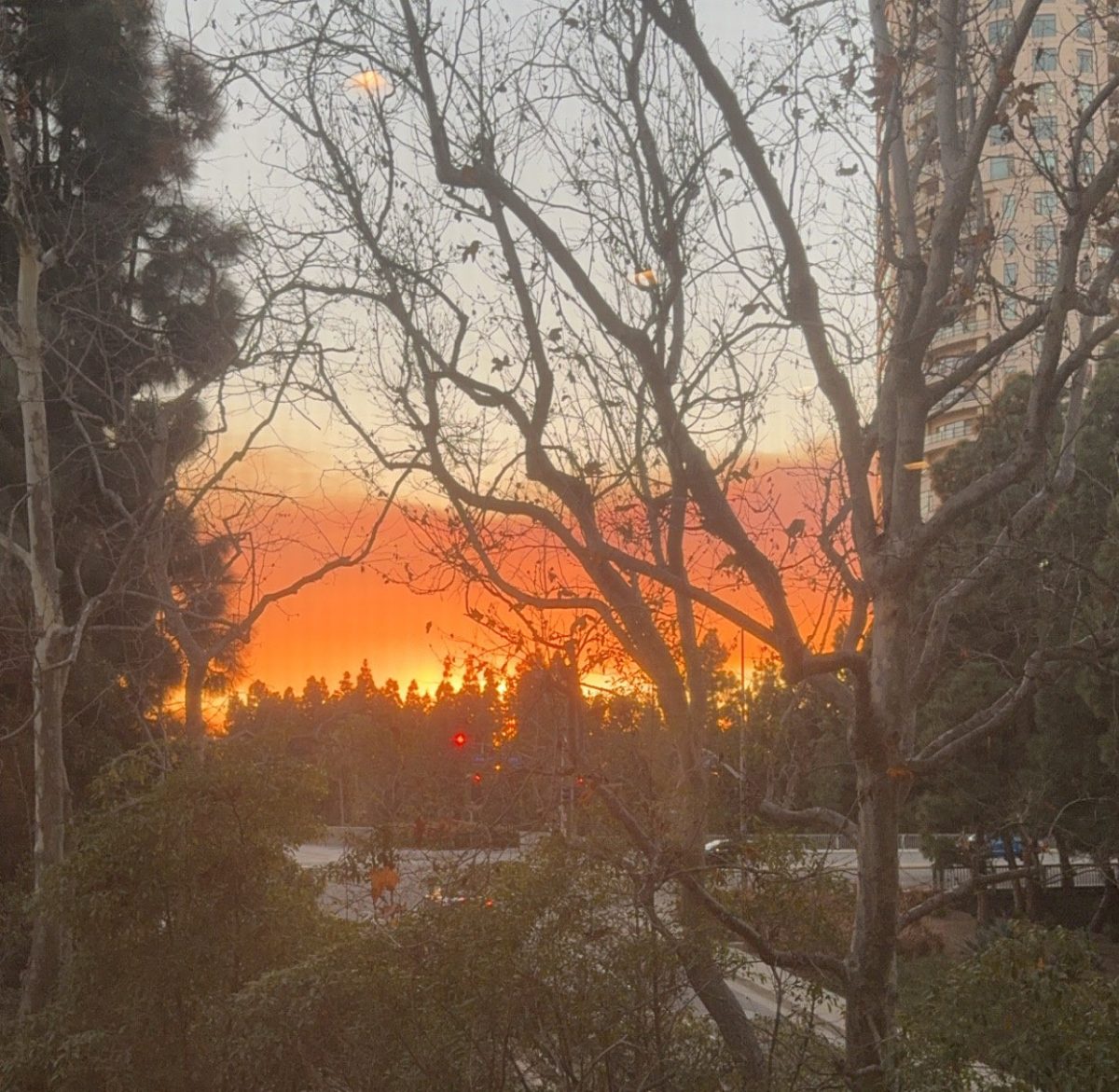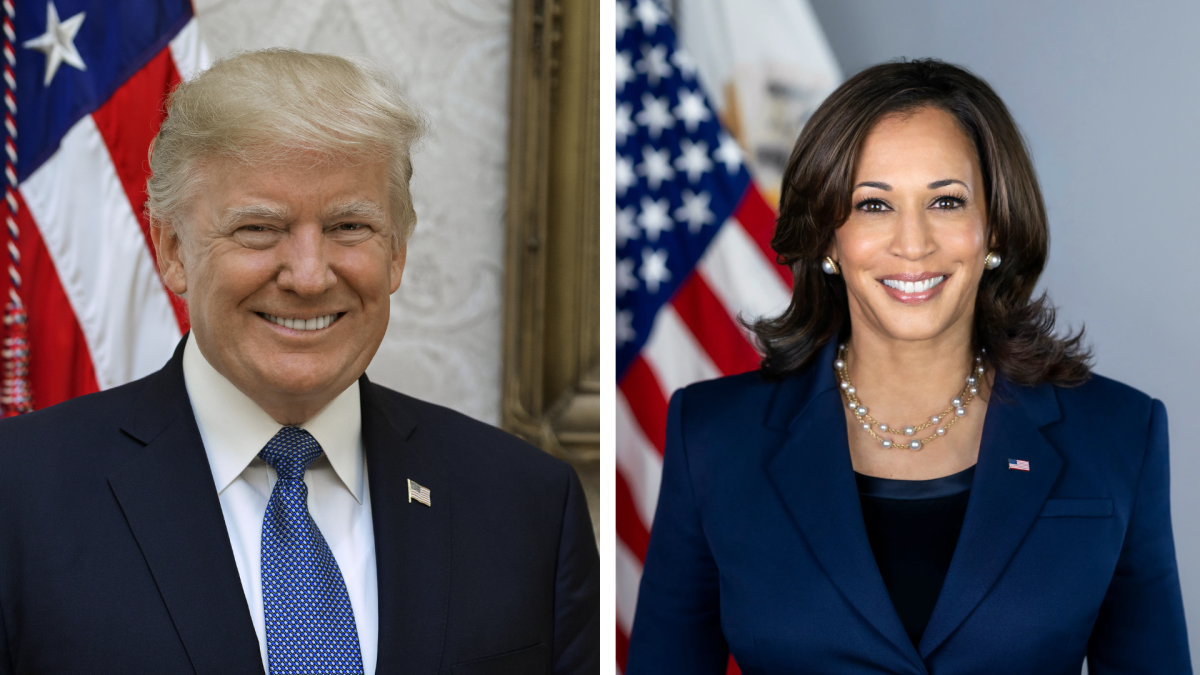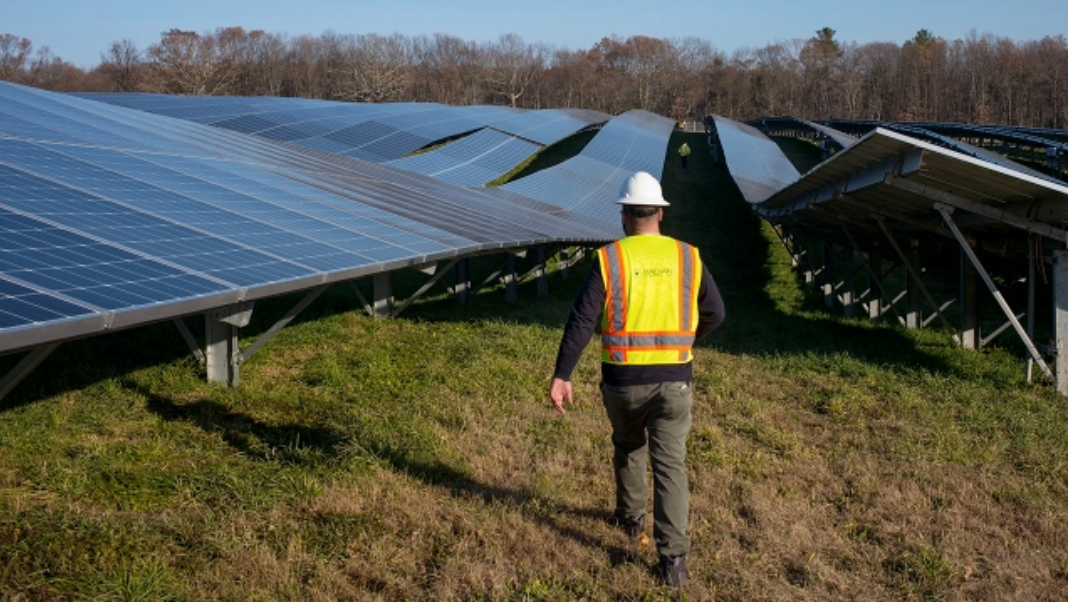Photo Credits: Zbynek Burival, Unsplash
Even though oil has become an essential aspect of global economies and is vital to everything from transportation to the manufacturing of necessary products and generates a considerable profit for the countries that produce it, oil is fraught with problems. The oil industry is worth about 2.1 trillion dollars (‘What Percentage’ Investopedia, July 9th 2021 ) and oil is one of the most sought after natural resources. Saudi Arabia is the 2nd ranking contributor in the oil industry: in 2021 they produced about 30.4 billion dollars worth of oil and the problems they have encountered with oil production are of particular interest. (‘Saudi Aramco reports’ Reed, Stanley. October 31st, 2021. The New York Times publication). However, this 2.1 trillion dollar industry is profiting at the expense of human life, the well-being of the planet, and the friendly relationships between countries. To understand the downside of the Saudi Arabian oil economy, one must start at the beginning. Where did their oil come from? Why is it so important to the Saudi Arabians? What will it do to the planet? How are the citizens affected by this industry?
On March 3rd of 1938, oil was discovered in Saudi Arabia by an American, Max Steineke, and his team of geologists while they were searching for groundwater. In 1943, Saudi Arabian Royals began industrializing and capitalizing from the oil that was found under their land. Before oil had been discovered and successfully exploited by the Royal family, Saudi Arabia was a poor country. Now, Saudi Arabia ranks 2nd globally for world oil production, accounting for 16.2% of the world’s total oil reserve. (World-o-Meter)
Saudi Arabia may have learned how to profit off of oil and lifted themselves out of poverty, but the Saudi Arabians failed to predict the obstacles that would come along with the production of oil. Saudi Arabia is a barren country and since they are located in a desert, water is scarce and four-fifths of their aquifer has been depleted (‘Saudi Arabia’s Great Thirst’ National Geographic, Date N/A). To make sure that they have water that is functional for use in the agricultural sector and for consumption, the Saudi Arabians have to desalinate the water from the ocean. In order to power the machines that are needed to desalinate water, Saudi Arabians must use 15% of their own oil. (‘Is Saudi Arabia’s oil-water loop a warning?’ Michael Christopher Low, Angie Hunt. ‘Futurity’. November 3rd, 2015.) ‘Saudi Arabia faces significant challenges owing to the unsustainable use of water resources, as well as limited stocks of non-renewable groundwater, which are experiencing accelerated depletion.’(GOV.SA). Unfortunately, the desalination process creates waste water which has an extremely high concentration of salt, and its disposal creates a whole new set of environmental problems.
In addition to water problems, other forms of pollution accompany oil production such as unhealthy air quality due to high levels of carbon dioxide, urbanization and energy consumption that contribute to deforestation, and increasing global temperatures are just a few of the many environmental problems associated with oil production. (Wikipedia) As a result of this pollution, many environmentalist groups have tried to stop the government from drilling for oil by staging protests, leading or participating in marches, or releasing ads in the media that dissuade the drilling and trading of oil.
These protests have created internal conflict between those opposed to the oil industry and the government. The government has disapproved of the ads publicly and the Royal family even released this statement in 2011. ‘‘The kingdom’s regulations totally ban all sorts of demonstrations, marches, sit-ins,”- the interior ministry said in a statement, adding security forces would stop all attempts to disrupt public order.’ (‘Saudi Arabia says won’t tolerate protests’ Laessing Ulf. March 5th, 2011.) Because Saudi Arabia is an absolute monarchy without transparency it has the ability to suppress any dissension.
Without transparency it is very difficult to understand who is benefiting from the largely state owned oil industry and opportunities for corruption abound. In an apparent attempt to protect his own interests, in 2017 Crown Prince Mohammed bin Salman determined that he wanted to vanquish the in-house corruption that had been occuring in his government. He formed an anti-corruption committee dedicated to collecting evidence against all acts of corruption. Once enough evidence was gathered, the Saudi Arabian government issued over 500 arrests with ties linked to corruption and money in the oil trade. ‘As many as 500 people were rounded up in the sweep. Saudi Arabian banks froze more than 2,000 domestic accounts as part of the crackdown.According to The Wall Street Journal, the Saudi government targeted cash and assets worth up to $800 billion. The Saudi authorities claimed that amount was composed of assets worth around $300 billion to $400 billion that they can prove was linked to corruption.’ (Wikipedia). Many wealthy traders, bankers, CEOs, and members of the Royal family were detained and charged with corruption. ‘If found guilty they could spend up to ten years imprisoned and face 9 million in fines.’ (‘Saudi Arabia – Global bribery offenses guide’ Adam Vause. DLA PIPER, January 11th, 2022) Out of the 500 who were detained, 391 were found guilty and charged, and 107 billion dollars was returned back to the state treasury; however, the committee disbanded shortly after the money was returned. Many believe that the anti-corruption laws were used selectively to target the Crown Prince Mohammed bin Salman’s adversaries.
Another problem is that oil is not only unsustainable, but eventually Saudi Arbians will run out of oil. Experts predict that with the way oil is being used right now, there are only about ‘80 years left for producers of oil in the middle east.’(‘Future of Oil’, Institute for the Analysis of Global Security) Once out of oil, they predict that Saudi Arabia will not be able to survive due to the lack of fuel that has become essential to their way of life.
In order to avoid catastrophe, Saudi Arabia could look to diversify its economy so it is not so oil dependent: they could invest more in solar and wind opportunities to provide energy. This would also remedy some of the environmental problems that have arisen due to oil production. Money from the proceeds should not just be funneled into the coffers of the wealthy and powerful, but should be used to remedy the negative aspects of oil production. With more transparency, the citizens might have the opportunity to pressure the government into distributing the funds more fairly.
The oil industry provides wealth and status to those who are able to thrive in such fierce competition. Saudi Arabia pulled themselves from poverty and managed to single handedly gain almost full control of the oil industry. Despite the abundance of fortune and influence that comes to those who profit from the Saudi oil, this dangerous chemical is wreaking havoc on their country, its environment, and the relationship between citizens and the Saudi government.
Works Cited
‘Environment of Saudi Arabia’ Wikipedia, Wikipeida, Date accessed, March 15th 2021.
https://en.wikipedia.org/wiki/Environment_of_Saudi_Arabia#:~:text=The%20process%20of%20oil%20extraction,threatened%20by%20urbanization%20as%20well
‘Environmental Protection in KSA’ GoV.SA Date accessed, March 15th 2021. https://www.my.gov.sa/wps/portal/snp/aboutksa/environmentalProtection
‘SAUDI ARABIA: AN OVERVIEW OF CORRUPTION AND ANTI-CORRUPTION’ Kaunain Rahman, Transparency International, January 23rd 2021. Date accessed March 15th, 2022. https://knowledgehub.transparency.org/helpdesk/saudi-arabia-an-overview-of-corruption-and-anti-corruption
‘Saudi Arabia – Global bribery offenses guide’ Adam Vause, DLA PIPER, January 11th, 2022. Date Accessed March 15th 2022.
https://www.dlapiper.com/en/us/insights/publications/2019/09/bribery-offenses-guide/saudi-arabia/#:~:text=Up%20to%20ten%20years%27%20imprisonment%20and%20a%20fine%20of%20up,such%20a%20bribe%20is%20rejected.
‘Saudi Aramco reports a $30 billion quarterly profit as oil prices soar.’ Stanley Reed, The New York Times, October 31st, 2021. Date Accessed, Tuesday March 15th, 2021. https://www.nytimes.com/2021/10/31/business/saudi-aramco-profit.html
‘What Percentage of the Global Economy Is the Oil and Gas Drilling Sector? The Investopedia Team, Investopedia, July 9th 2021. Date accessed Tuesday March 15th, 2021 https://www.investopedia.com/ask/answers/030915/what-percentage-global-economy-comprised-oil-gas-drilling-sector.asp
‘Saudi Arabia’s Great Thirst’ National Geographic, National Geographic, Date Accessed, Tuesday March 15th 2021.
https://www.nationalgeographic.com/environment/article/saudi-arabia-water-use
‘Saudi Arabia Oil’ World-o-Meter, World-o-Meter, Date Accessed, Tuesday March 15th 2021. https://www.worldometers.info/oil/saudi-arabia-oil/#oil-reserves
‘Is Saudi Arabia’s oil-water loop a warning?’ Angie Hunt-Iowa State, Michel Christopher Low Futurity, November 3rd 2015, date accessed, March 15th 2021. https://www.futurity.org/saudi-arabia-water-desalination-1040832-2/
‘2017–2019 Saudi Arabian purge’ Wikipedia, Wikipedia, last edited February 21st 2022. Date Accessed March 15th 2022.
https://en.wikipedia.org/wiki/2017%E2%80%932019_Saudi_Arabian_purge
‘Saudi Arabia says won’t tolerate protests’ Ulf Laessing, Reuters, March 5th, 2011. Date Accessed March 15th, 2021
‘The Future of Oil’ Institute for the Analysis of Global Security, date accessed March 15th, 2022. http://www.iags.org/futureofoil.html







